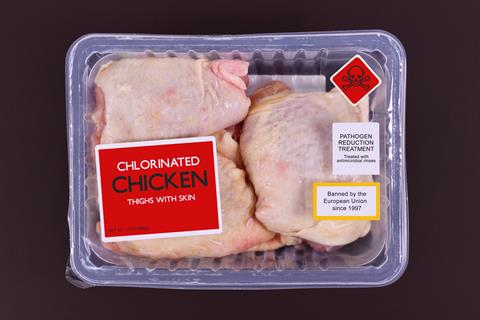
UK poultry suppliers have hailed the omission of chicken from the new trade deal between the UK and US, as “a clear signal government backs our standards and the values that underpin them”.
The prospect of imported poultry products from the US, including so-called chlorinated chicken, has dominated discourse around a potential transatlantic trade deal since the Brexit referendum in 2016.
However, such products – produced to lower standards than permitted in the UK – were omitted from the deal announced jointly by US president Donald Trump and Keir Starmer yesterday, after the UK prime minister and his team insisted on “red lines” regarding food standards issues.
The “breakthrough” deal, which among other things will see tariffs reduced for UK car exports to the US to 10% and steel and aluminium to zero, does include a concession on beef imports to the UK, with further detail due to be announced on additional agrifood products over the coming days. However, the baseline 10% tariff for many UK exports, including food products, remains in place.
Big week for international trade deals – but is any win really a win?
But with chicken excluded from the deal, the British Poultry Council today welcomed the UK government’s negotiating stance as “the right call, made for the right reason”.
“It is good to see government standing firm on British food standards,” said BPC CEO Richard Griffiths. “Excluding chicken from a UK-US trade deal demonstrates a commitment to the responsibility and transparency that defines British poultry meat production.”
The sector was “proud of how we produce poultry in this country”, Griffiths added. “The decision sends a message that what we produce and how we produce it matters.”
Looking ahead to key talks with the EU on a new veterinary deal next week, the BPC urged the government “to build on this decision by continuing to champion British food standards across all areas”.
Access to ‘hormone-free’ US beef
Further detail on what implications the trade deal could have is currently scant, though the UK government has confirmed US beef exporters will be given access to the UK beef market through a tariff rate quota of 13,000 tonnes of hormone-free beef. UK beef exporters will be given reciprocal access to the US market to the same amount of volume.
Read more: Hormone-treated beef explained: is it a problem or part of an oven-ready trade deal?
The NFU praised the government for “listening to our concerns, particularly around maintaining high standards, protecting sensitive agricultural sectors and securing reciprocal access for beef”. However, it did express caution over the allowance for the US to sell 1.4 billion litres of ethanol to UK buyers.
“Biofuels are extremely important for the crops sector, and their domestic demand of up to two million tonnes can be very important to balance supply and demand and to produce up to one million tons of animal feed as a byproduct,” it said. “Therefore, opening up our ethanol market to such volume could translate into the loss of this profitable outlet for our arable growers.”
Speaking on the BBC’s Farming Today this morning, environment secretary Steve Reed described the trade deal as a “really good outcome for the UK”.
“The government’s negotiated in the national interest and we’ve got a really good deal that will benefit the entire economy,” Reed said. “It’s also a good deal for farming and for agriculture, if you think what use happened under the previous government, how the Conservative government signed dodgy trade deals that undercut British farmers on standards for the environmental welfare.”
The Labour administration had “done nothing of the sort, we said we’d maintain those standards in international trade deals”, Reed stressed. “We have maintained them. There is no weakening of UK food or food production standards on imports as a result of this deal.”
Agreed beef volumes represented about 1.5% of UK beef markets so was “relatively small”, he pointed out. “But it’s reciprocal, so UK beef producers can sell that same quantity of beef into the US. That is a fantastic opportunity and it hasn’t involved us agreeing to bring in any kind of hormone-treated beef or chlorinated chicken.”


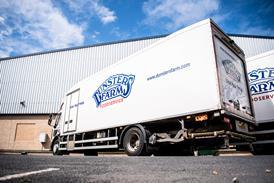
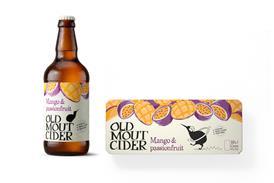



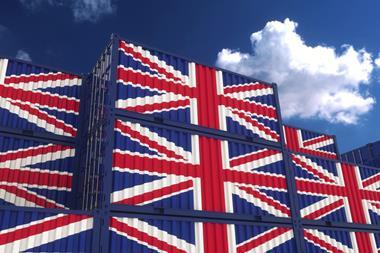
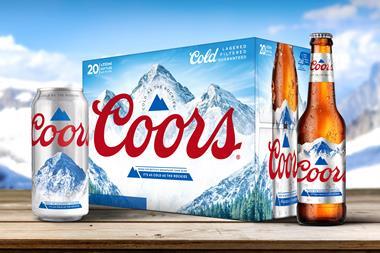
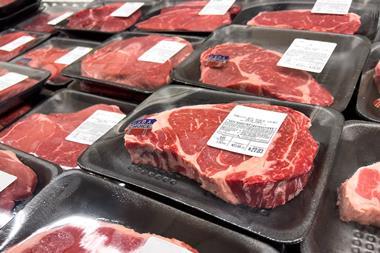
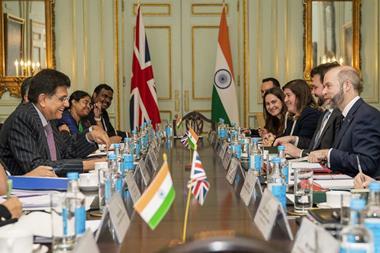
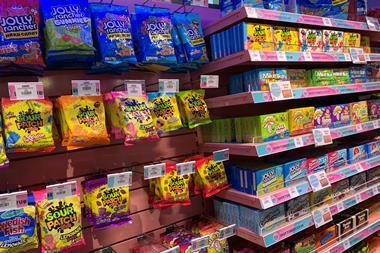
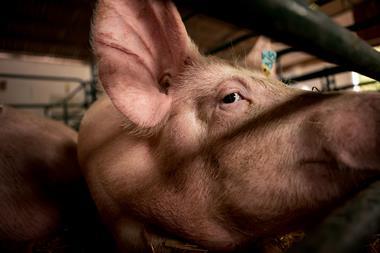


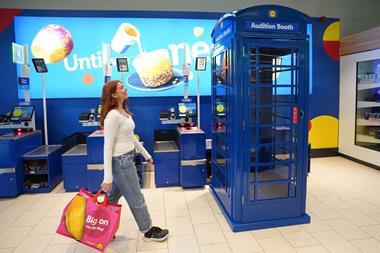

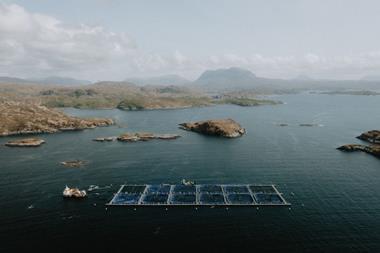

1 Readers' comment